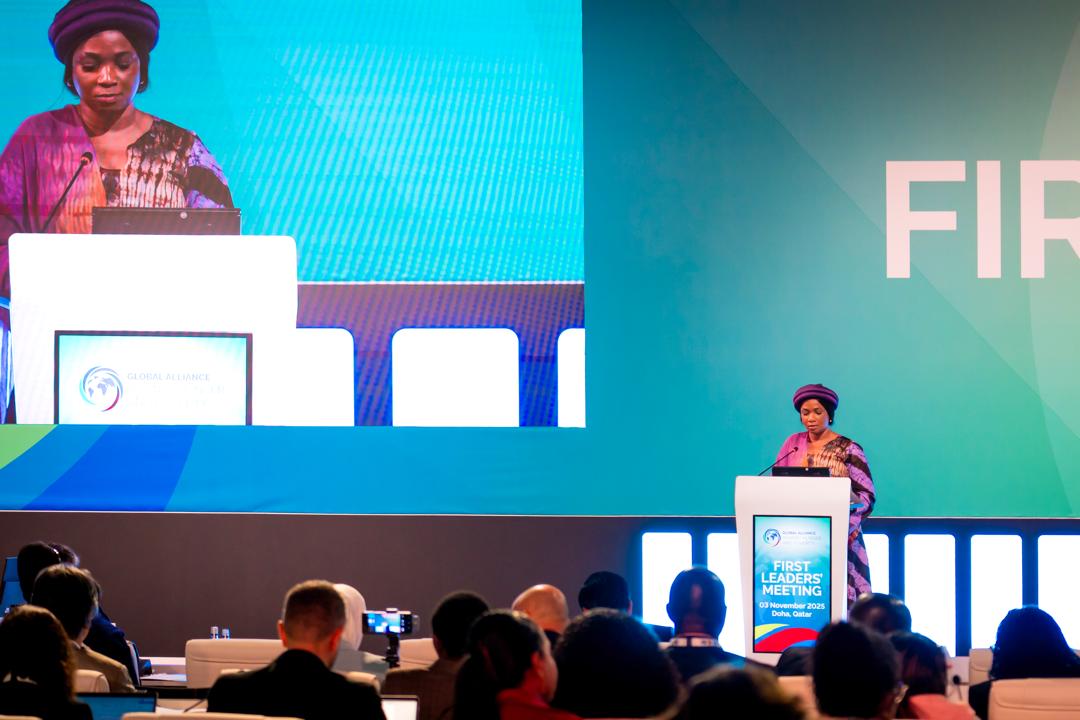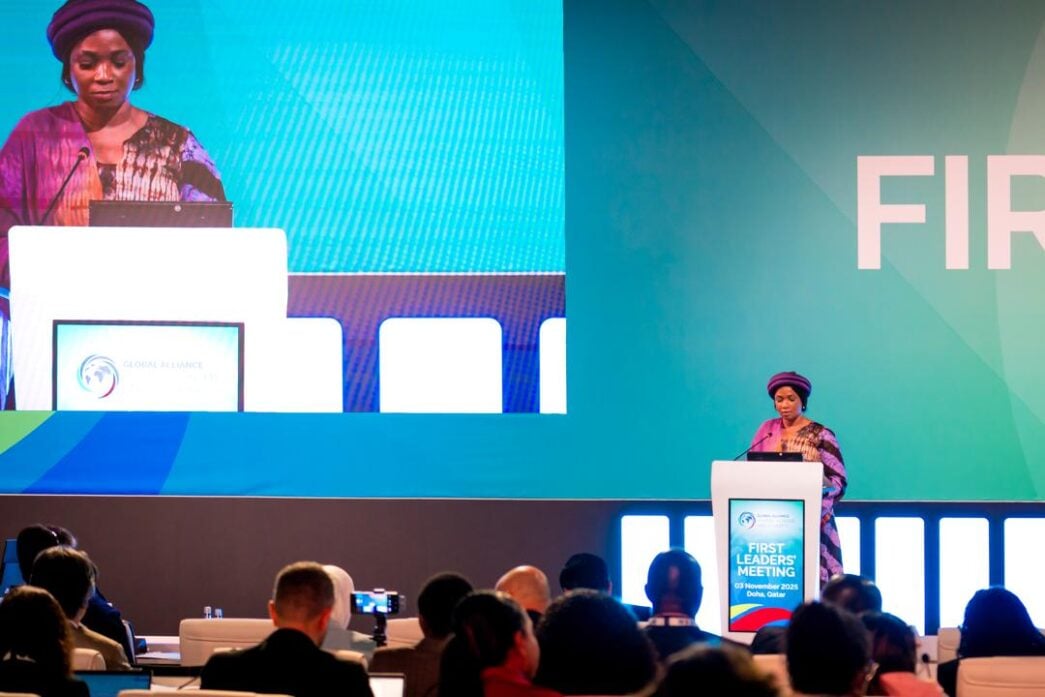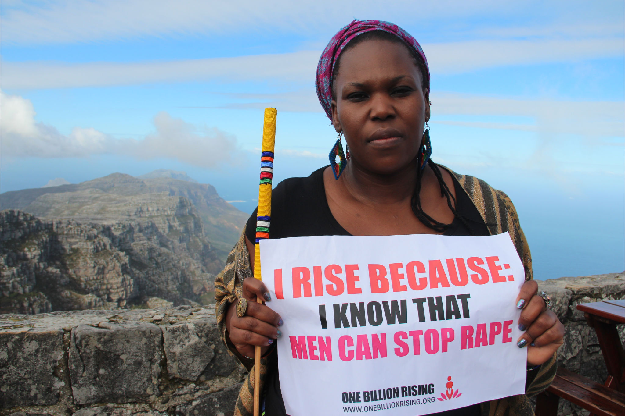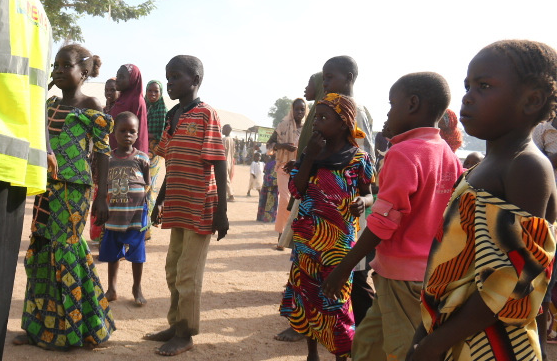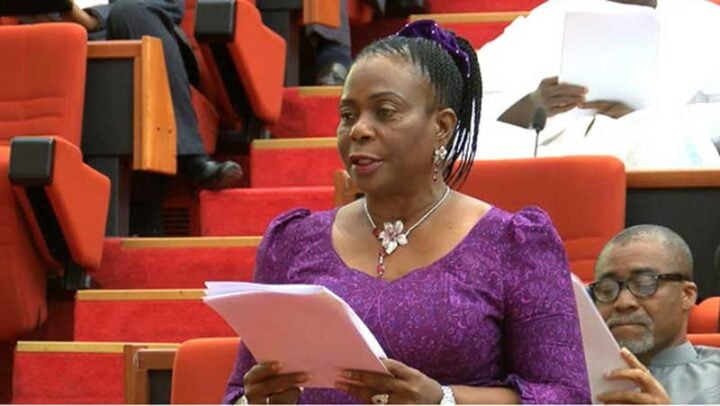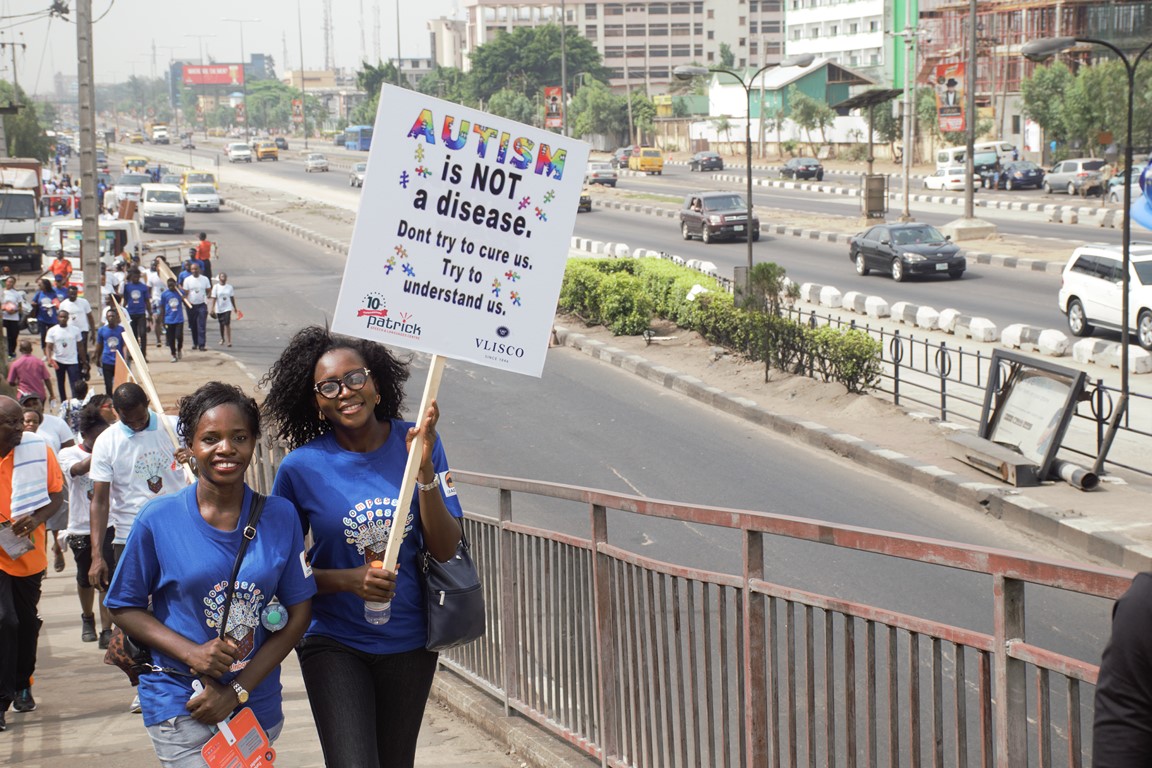Funmi Olotu speaking at the second World Summit for Social Development in Doha, Qatar
Funmi Olotu, national coordinator of the National Social Safety-Nets Coordinating Office (NASSCO), says credible data and institutional coordination are vital to ending poverty and hunger in Nigeria.
Speaking at the second World Summit for Social Development in Doha, Qatar, Olotu represented Nigeria at the First Leaders’ Meeting of the Global Alliance Against Hunger and Poverty — a high-level dialogue that brought together heads of state, ministers, and development experts from around the world.
She said Nigeria’s evolving social protection architecture was anchored on reliable data, effective coordination, and results-oriented investments that ensure resources reach the most vulnerable citizens.
Olotu described the National Social Register (NSR) as one of the world’s most comprehensive social protection databases, providing evidence-based planning and targeted delivery of interventions.
Advertisement
“In Nigeria, the administration of President Bola Ahmed Tinubu has placed poverty eradication and food security at the centre of the Renewed Hope Agenda,” she said.
“We believe that ending poverty is not achieved by spending more, but by spending better, through coordinated systems that ensure every investment delivers measurable impact for the poor and vulnerable.
“Through the National Social Safety Nets Coordinating Office, Nigeria has built one of Africa’s most robust and transparent social protection systems. At the core of this architecture is the National Social Register (NSR), which is a dynamic and data-driven platform that captured the identities of more than 70 million individuals and over 19 million households across Nigeria, making it one of the largest social registers in the world.”
Advertisement
Olotu said the Tinubu administration, under the Renewed Hope Agenda, had continued to deepen fiscal and institutional capacity to deliver measurable and lasting impact across social programmes.
Her presentation drew positive reactions from participants at the summit, who pledged further support for Nigeria’s efforts and recognised the country as a regional leader in strengthening social protection systems.
“Our focus is not only to lift households out of poverty today, but to prevent them from falling back tomorrow. That is why we are integrating social protection with digital identity systems through the National Identification Number (NIN) and livelihood empowerment initiatives, ensuring that safety nets evolve into pathways for productivity, resilience, and economic inclusion,” she added.
“Nigeria’s experience shows that when governments invest in credible data, coordination, and political will, fiscal space expands not only in budgets, but in possibilities.”
Advertisement
The summit provided Nigeria with an opportunity to share its progress and reaffirm its commitment to global collaboration on poverty eradication through sustainable, country-led approaches.
Through NASSCO’s coordination, Nigeria continues to demonstrate that credible data, coordinated systems, and accountable governance form the foundation for eradicating poverty and ensuring that no one is left behind.

